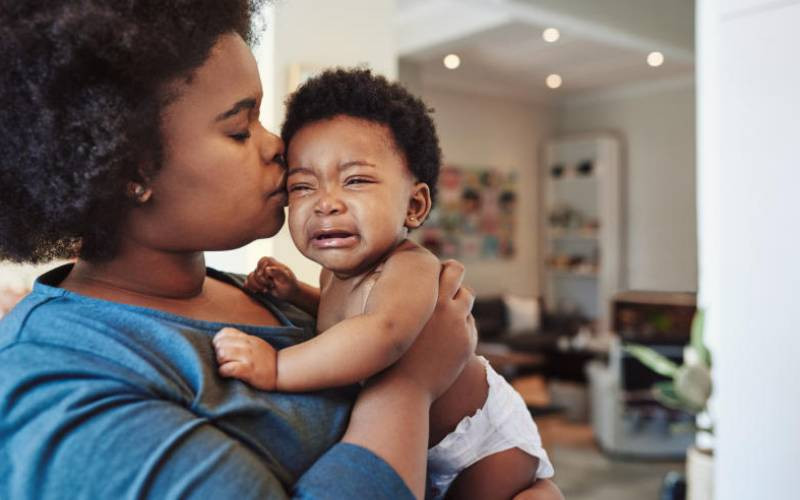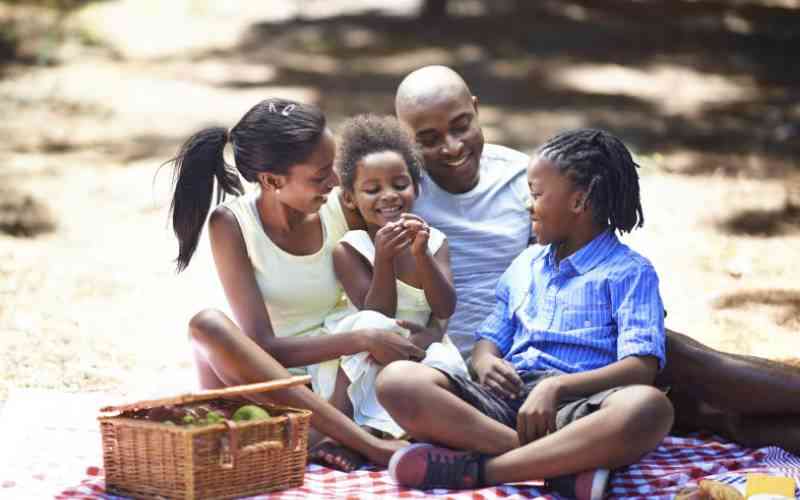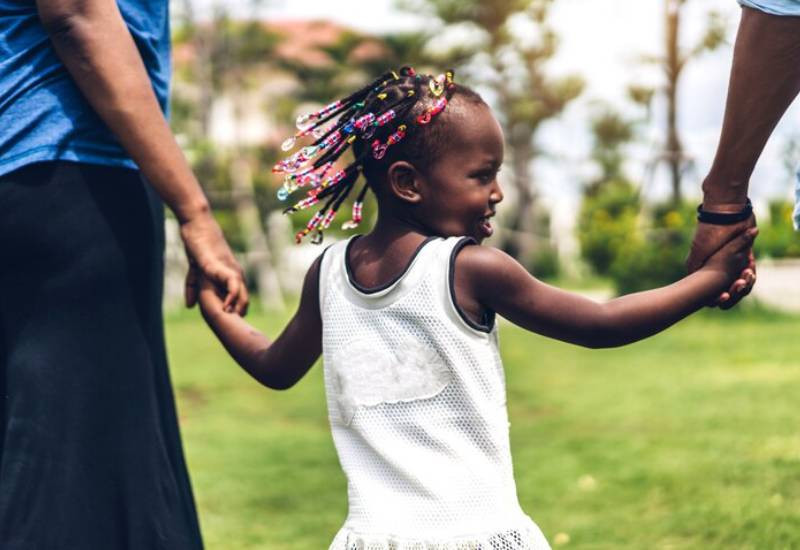 Spats between children are common but the less you interfere, the better. Frequent fights don't necessarily mean kids hate each other, writes JOHN MUTURI
Spats between children are common but the less you interfere, the better. Frequent fights don't necessarily mean kids hate each other, writes JOHN MUTURI
Jealousy — we all know it, don’t we? Chances are that most of us remember what it feels like first-hand if we dig far enough back into our own childhood memories.
But that doesn’t stop us being upset and getting angry when our own children start to fight between themselves.
We all want our children to love each other. There can be few things which uplifts a parent’s heart more than seeing a piece of unselfish and kindly behaviour on the part of one of their children towards the other
And on the black side, there’s no surer way to raise a parent’s temper than for one child to be deliberately spiteful, unkind or aggressive to a brother or sister.
Fighting is normal
Unfortunately almost all brothers and sisters fight — at some stage and to some extent — although the amount that they fight and the way they get at each other will vary at different ages and from family to family.
All parents tend to worry about it from time to time. The question is whether children who fight all the time really resent and hate each other.
The good news for parents with a pair of squabblers is no.
Children who have the most fights with older brothers or sisters are also the ones who do the nicest things.
Nearly always, the fights are over toys-not sharing them or taking them away or perhaps that one had been broken or damaged. It’s a problem most parents are familiar with.
Green-eyed monster
Some fights or, as they get older, nasty comments, seem to spring directly out of jealousy. Attention, whether from a shopkeeper or a granny, can bring out the green-eyed monster.
Mothers are often sensitive to this, and naturally distract and give extra attention and reassurance to the other child with a few words, a squeeze of the hand or a hug.
Achievement can also bring problems. Some little ones are desperate to keep up, whether it’s with walking or learning to read. And some older siblings are horrified to find that they almost can.
By all means praise the younger one’s progress, but it helps to look for something different to praise in the eldest one.
If they are close in age, make sure you don’t treat them exactly the same, but allow privileges for age.
Often some very complex emotions lie behind conflicts between brothers and sisters-but enough hasn’t been established yet by research to know what they are.
Making friends
When parents step in to sort out rows, it’s the eldest who is most likely to have a tough time regardless of what had happened.
Of course it’s difficult to know who the guilty party is when you arrive on the scene after the crime, but it is worth remembering that children as young as one can be capable of very efficient mischief-making.
The standard practice is that if mothers don’t interfere, the rows get less, and if you get involved, the rows go on.
It’s important to talk to both children about social rules, about other child’s feelings and about the possibility of making up or agreeing. Fights can be an opportunity to learn nicer behaviour.
They may fall out, but you can help them understand what the other child feels and show them how to make friends again.
Squabbles and fights can teach children valuable lessons for life if you try to show them the other person’s point of view and give them an idea of how to make up and be friends again.
Photo: mommynoire.com
 The Standard Group Plc is a multi-media organization with investments in media platforms spanning newspaper print
operations, television, radio broadcasting, digital and online services. The Standard Group is recognized as a
leading multi-media house in Kenya with a key influence in matters of national and international interest.
The Standard Group Plc is a multi-media organization with investments in media platforms spanning newspaper print
operations, television, radio broadcasting, digital and online services. The Standard Group is recognized as a
leading multi-media house in Kenya with a key influence in matters of national and international interest.










